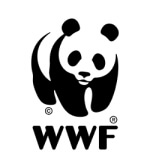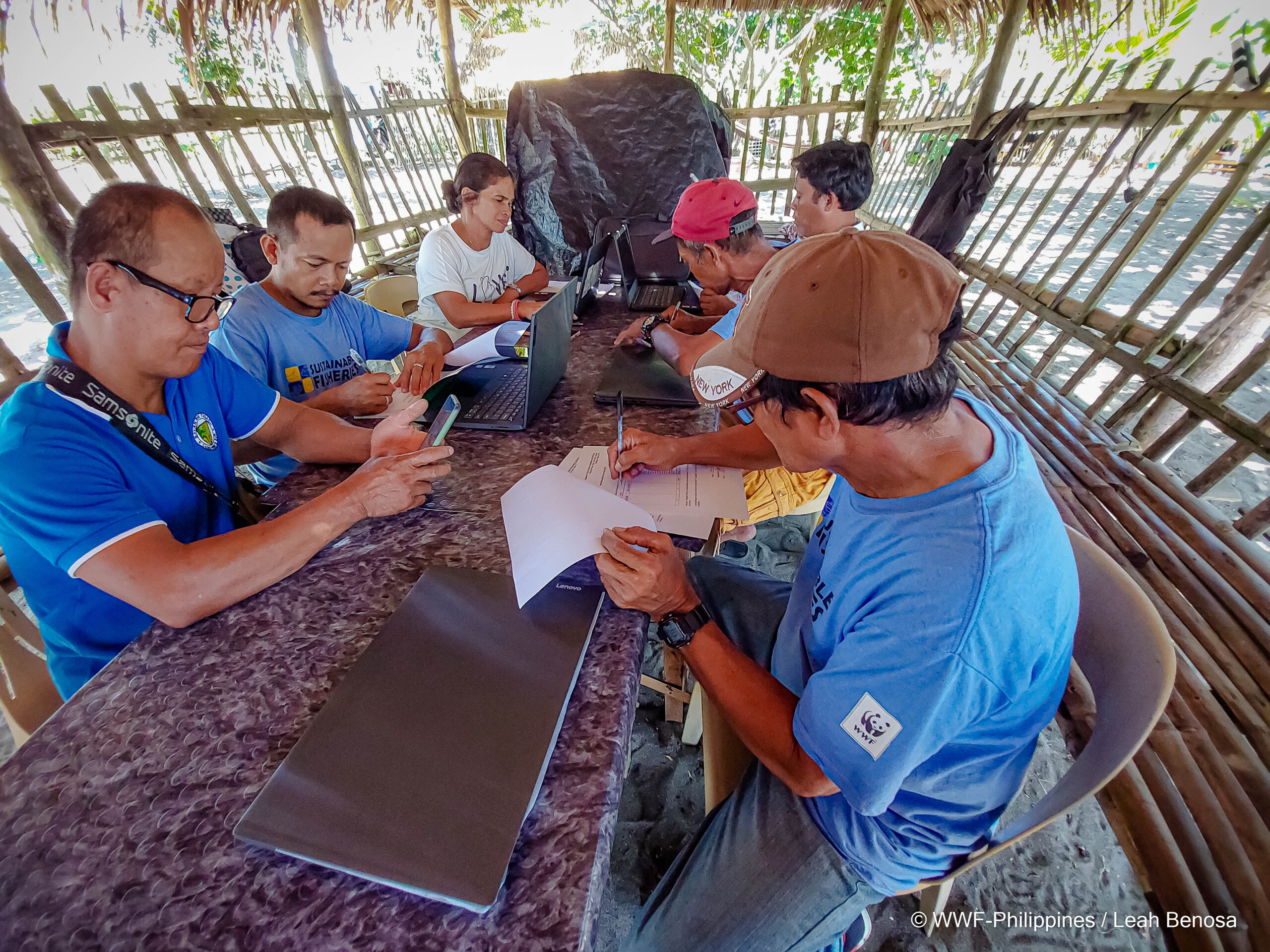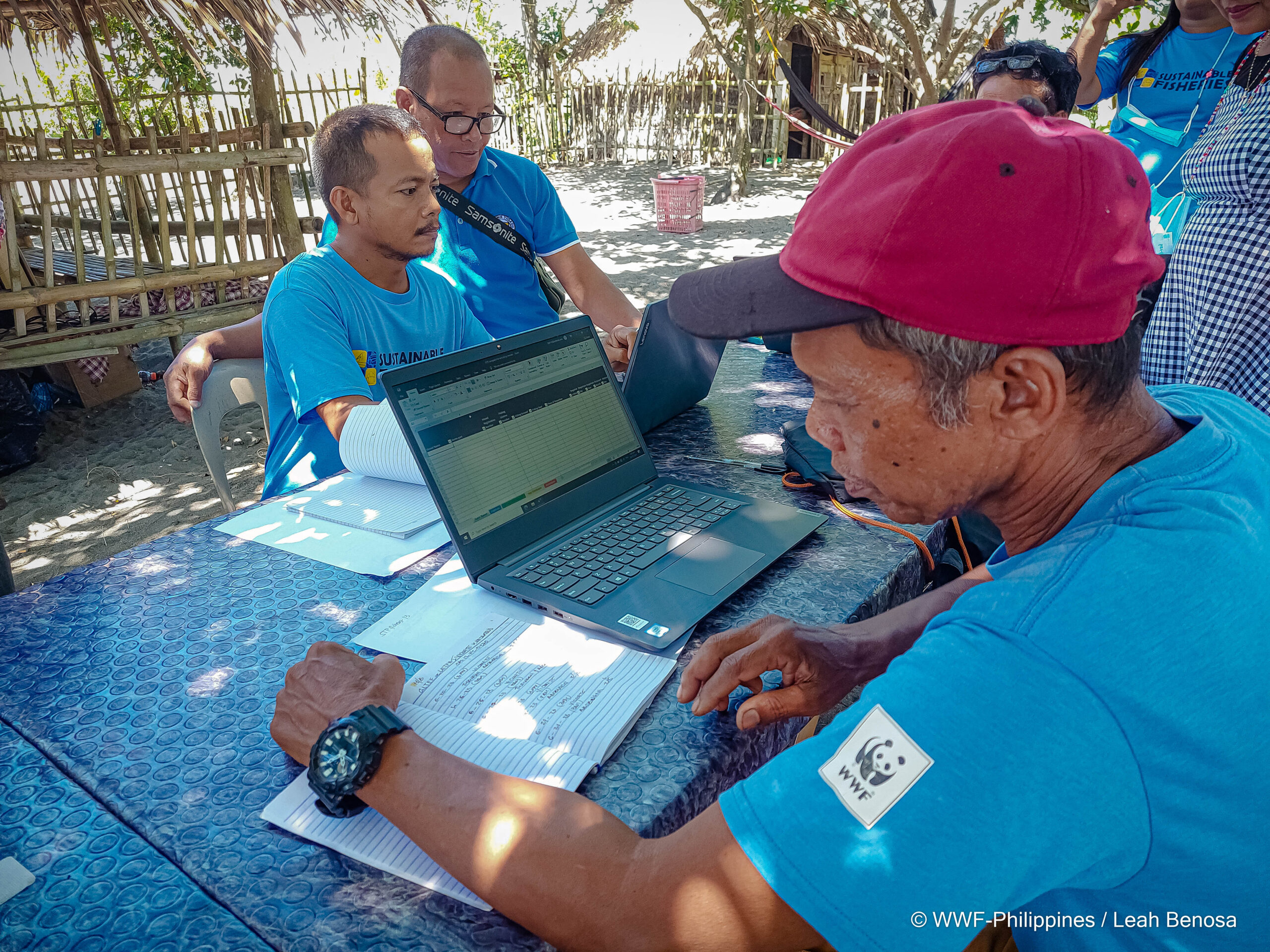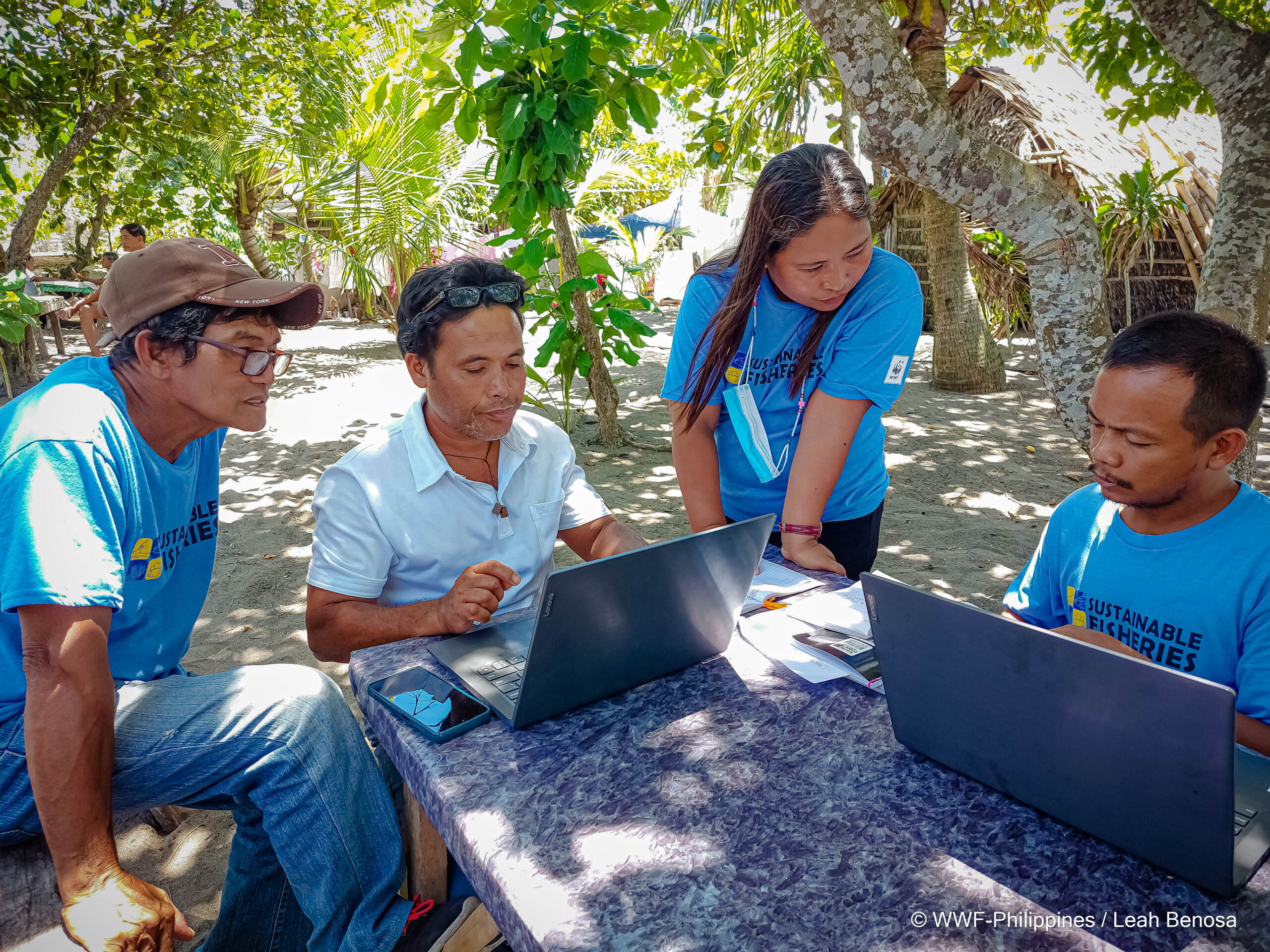Bicol – In early July, fishers from across the Bicol region joined World Wide Fund for Nature Philippines (WWF-Philippines) staff for a workshop on data encoding and computer literacy.
The workshop was held in an effort to improve rates of fish catch reporting. Comprehensive fish catch reporting data gives local authorities a better picture of the health and performance of their fisheries, and is crucial to the sustainable management of marine resources.
Since 2011, WWF-Philippines has pushed for sustainable fishery practices in both Bicol and Mindoro. The conservation organization has continuously explored ways to improve the collection of fish catch data.
“We’re doing this to speed up the process of data consolidation. Even though this was a first for our partner fishers, they were very willing to learn,” shared Leah Benosa, from WWF-Philippines’ Sustainable Tuna Partnership 2 (STP 2) team.
Gaps in computer literacy have made it difficult for fishers to submit and collate their fish catch data. Prior to the workshop, fishers would record catch data in notebooks they brought out to sea. This made it difficult for some fishers to accurately record their data. Exposure to the elements and damage to logbooks often led to data being lost.
WWF-Philippines sought to improve on this by teaching fishers the basics of using spreadsheets and encoding data.
“Even now they’re busy encoding the data collected by their neighbor fishers,” added Benosa as she supervised the workshop.
WWF-Philippines is also working with Partido State University on the production of a fishery database. The database will serve as a hub for data collected across the many fisheries of the Bicol region.
Learn more about the Sustainable Tuna Partnership 2 program here.





